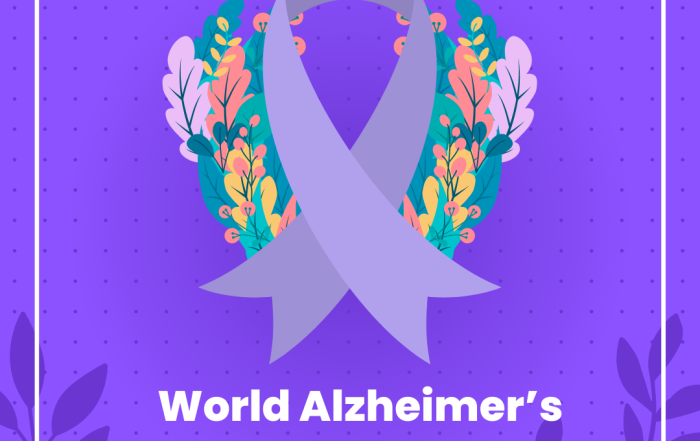Findings posted in Alzheimer’s & Dementia: The Journal of the Alzheimer’s Association indicate that there are signs of these diseases that can been seen up to 9 years before a diagnosis is given to the patient.
“When we looked back at patients’ histories, it became clear that they were showing some cognitive impairment several years before their symptoms became obvious enough to prompt a diagnosis,” study author Nol Swaddiwudhipong, a junior doctor at the University of Cambridge, said.
“The impairments were often subtle, but across a number of aspects of cognition. This is a step towards us being able to screen people who are at greatest risk – for example, people over 50 or those who have high blood pressure or do not do enough exercise – and intervene at an earlier stage to help them reduce their risk.”
The eight signs that the study identified are:
Cognitive changes
- Fluid intelligence: The ability to solve problems in a creative way using logic and reason worsens (e.g., completing puzzles, solving a murder mystery, finding another way home when your regular route is blocked)
- Reaction time: Response to a stimulant slows down (e.g., reacting to oncoming traffic, burning food, or an incoming phone call)
- Numeric memory: The ability to use working memory to hold and calculate numbers worsens (e.g., ingredient measurements, simple math equations)
- Prospective memory: The ability to recall information worsens (e.g., forgetting where you left your keys, doctor appointments, or a recent event)
- Visual memory: The ability to recall visual information worsens (e.g., a familiar face like your neighbor’s, or place like your local grocery store)
Functional changes
(Note: These pre-diagnostic impairments in day-to-day functions were only found in Alzheimer’s disease patients.)
- Increased number of falls
- Decreased grip strength
- Increased tendency toward weight loss
These signs are important to keep an eye out for, and to be sure to discuss with your or your loved one’s medical team. As with most medical issues, the earlier you can seek treatment, the more likely you are to have a better outcome.






